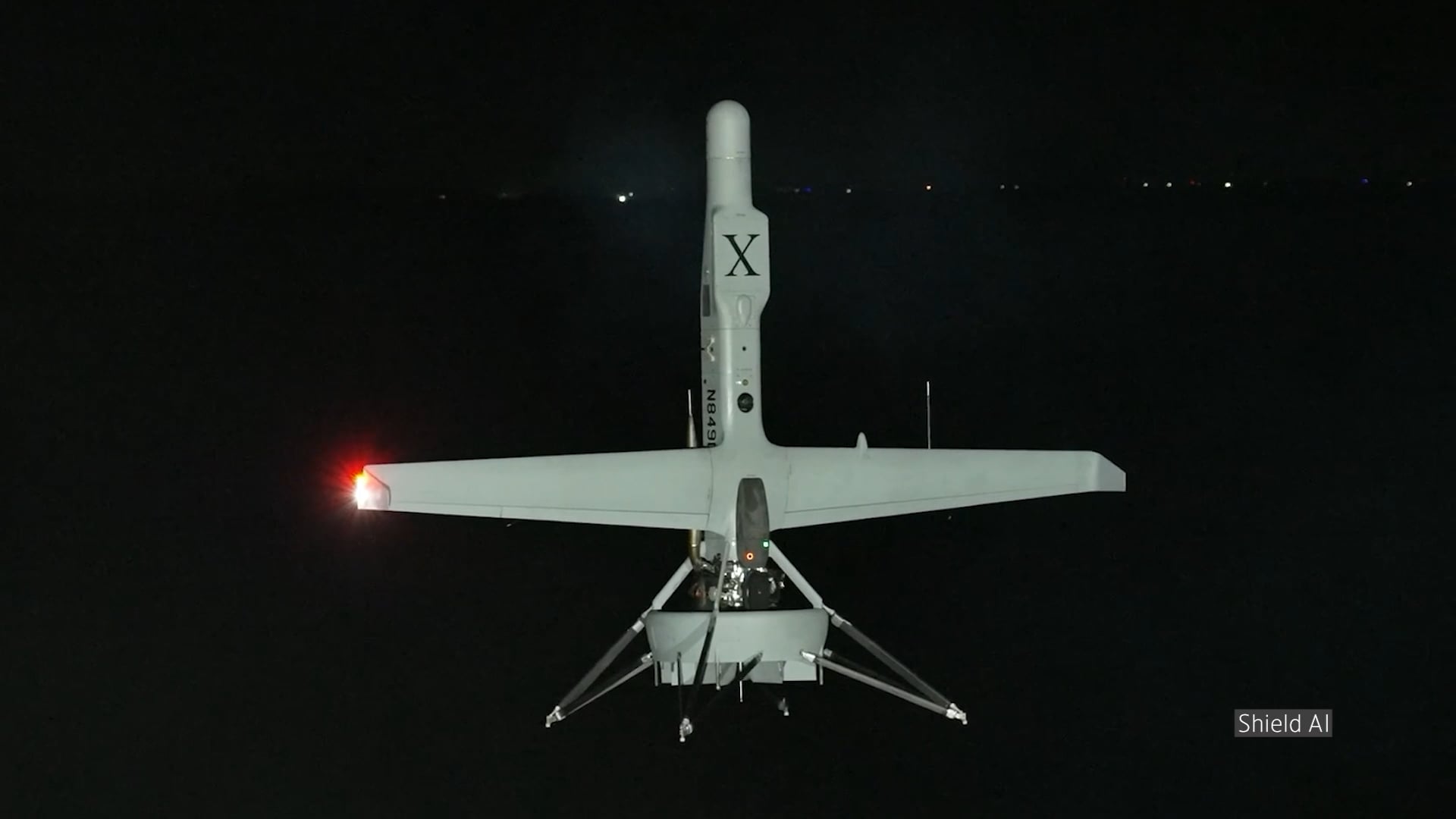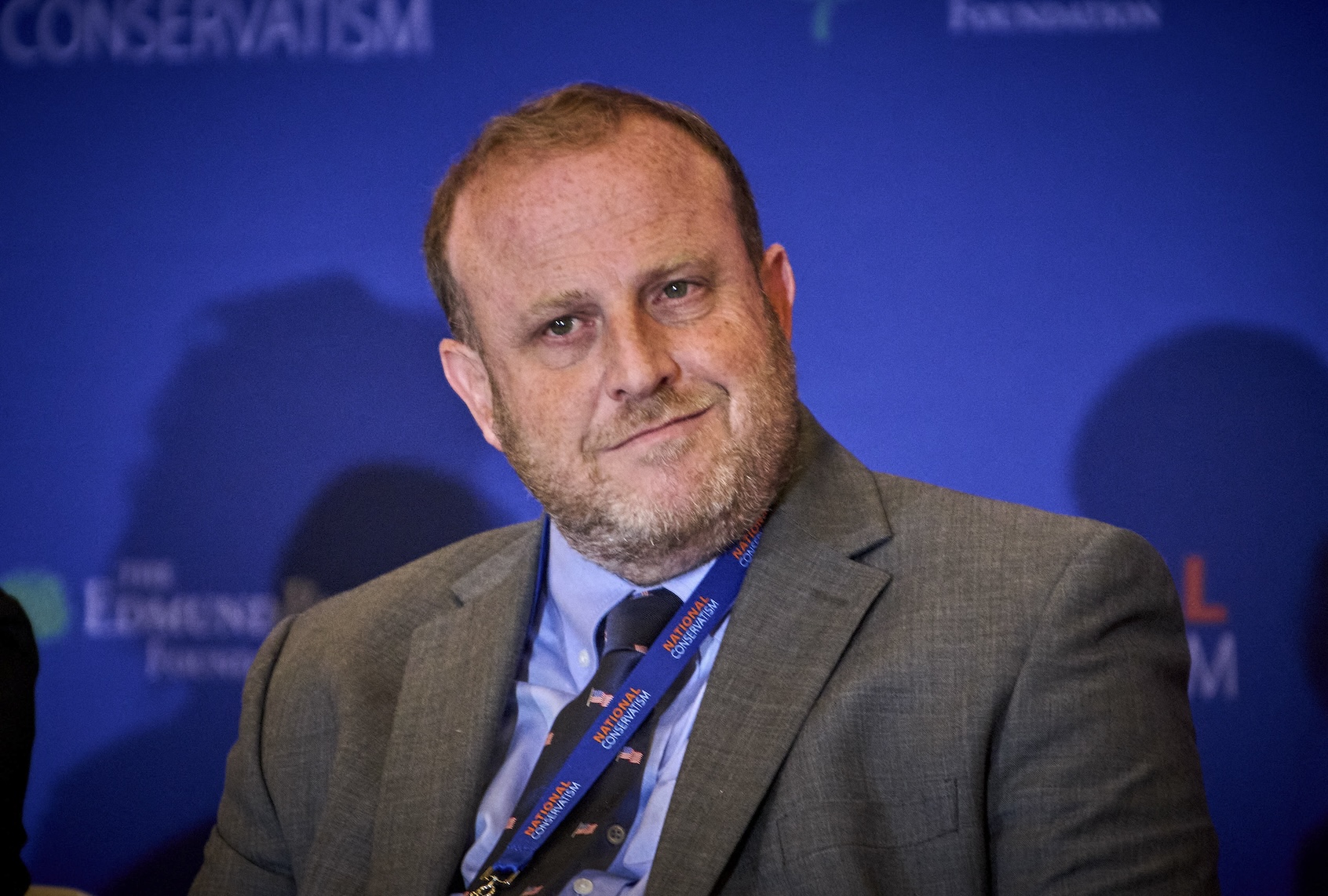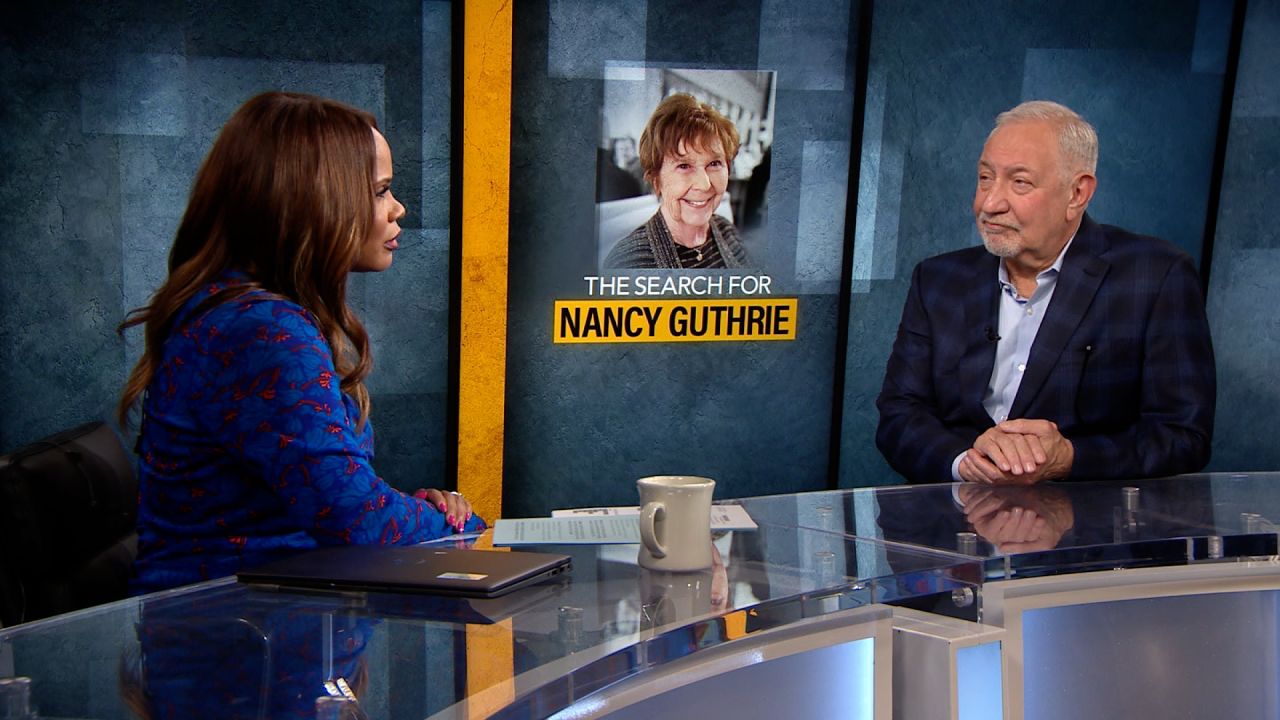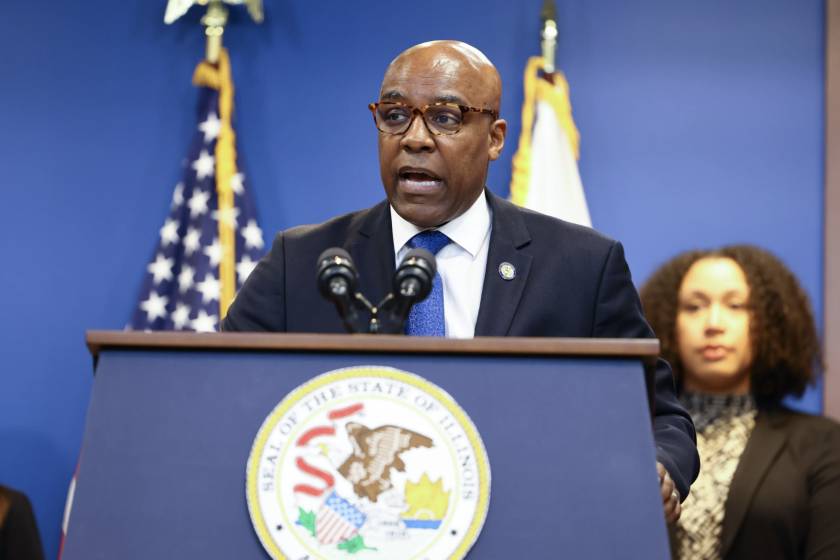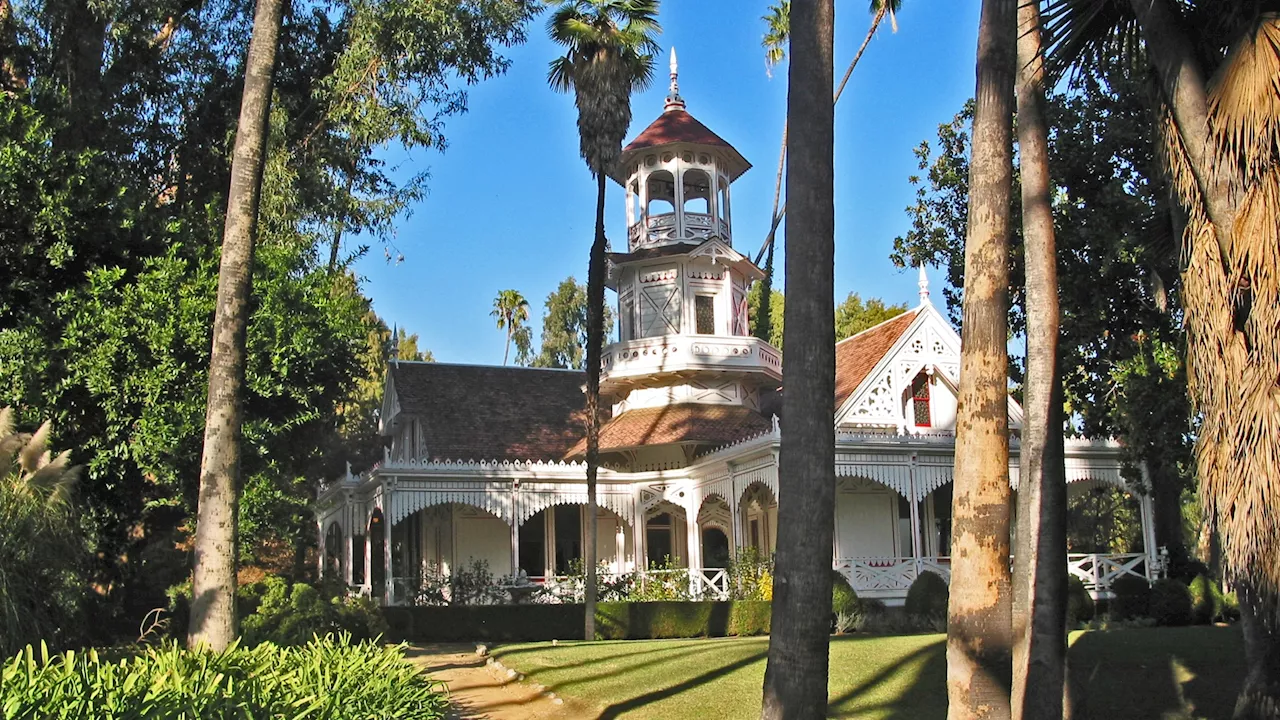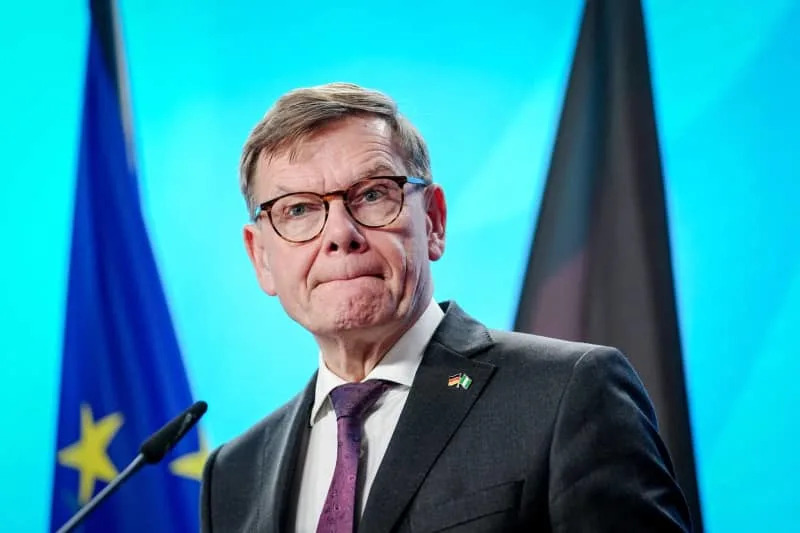
Germany’s Foreign Minister, Johann Wadephul, is actively pursuing a closer partnership with Bolivia to enhance access to critical raw materials, particularly lithium. This initiative comes as Berlin aims to reduce its reliance on China for vital resources essential for its energy transition and electric mobility sectors. Wadephul’s statements reflect Germany’s growing focus on securing sustainable supply chains for the future.
Before his visit to the resource-abundant South American nation, Wadephul emphasized Bolivia’s significant lithium reserves, stating, “Bolivia is rich in raw materials, especially lithium, which is indispensable for our energy transition, for electric mobility and for many other sectors in Germany.” Bolivia is known to hold the world’s largest lithium reserves, crucial for manufacturing batteries used in electric vehicles and portable electronics, such as smartphones and laptops, as well as in solar and wind power systems.
The global demand for lithium-ion batteries is escalating rapidly, prompting the German government to seek alternatives to Chinese suppliers in this sector. Wadephul noted that Bolivia also possesses remarkable potential for rare earths, another category of critical materials. “Our potential for cooperation is large,” he added, underscoring the opportunities that lie ahead.
Meeting New Leadership in Bolivia
During his visit, Wadephul is scheduled to meet with Bolivian President Rodrigo Paz Pereira in the southeastern city of Santa Cruz. Paz, a member of the Christian Democratic Party, assumed office following a run-off election in October 2023, ending nearly two decades of left-wing governance in the country. His election marks a notable shift in Bolivia’s political landscape, which has been characterized by a power struggle between former president Evo Morales and the outgoing head of state Luis Arce from the left-wing Movement for Socialism (MAS).
Wadephul’s agenda includes discussions with the new Foreign Minister, Fernando Hugo Aramayo, as well as meetings with business leaders to explore potential investments and collaborations. President Paz faces significant challenges, including a deep economic crisis characterized by high inflation, shortages of fuel and food, and a critical lack of medicines. As a landlocked nation with approximately 12 million residents, Bolivia ranks among South America’s poorest countries, which adds urgency to the need for economic recovery and international partnerships.
The German government’s interest in Bolivia’s lithium resources reflects a broader strategy to diversify supply chains and ensure access to essential materials necessary for advancing green technologies. By fostering these international relationships, Germany aims to enhance its energy security while supporting Bolivia’s economic development amid its current challenges.
